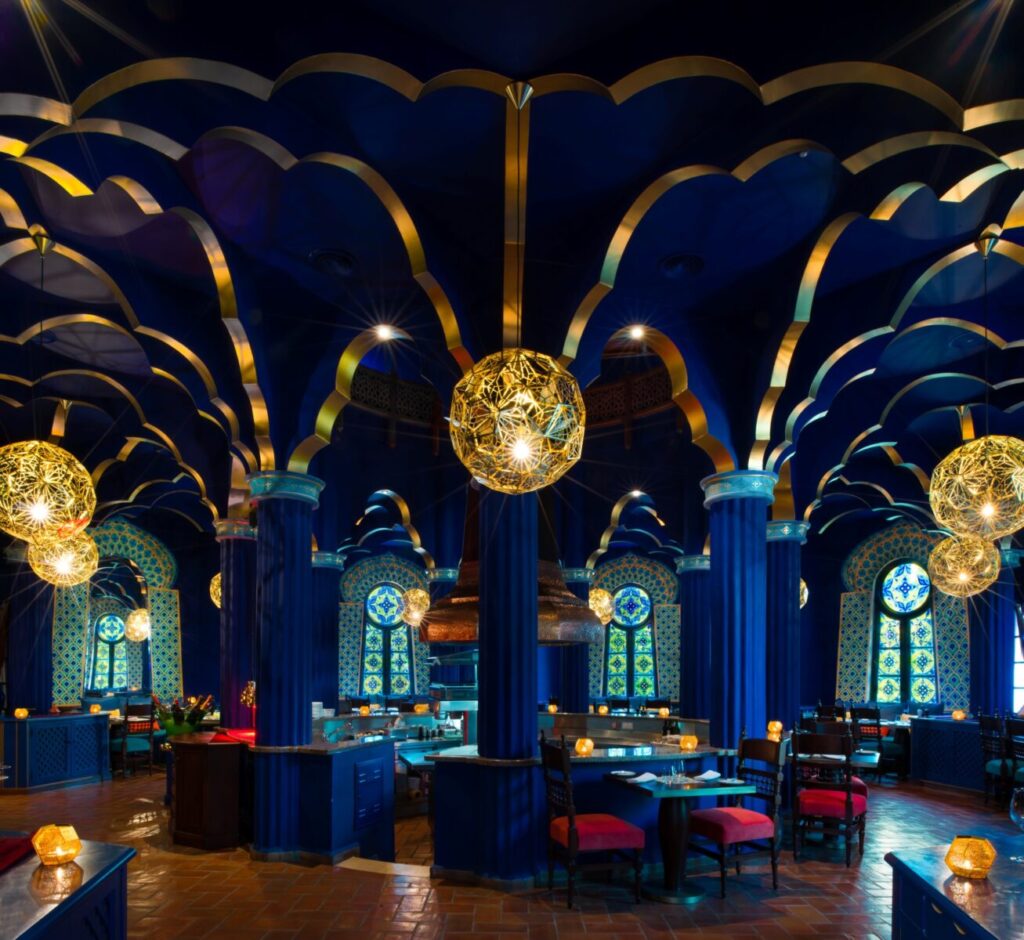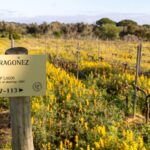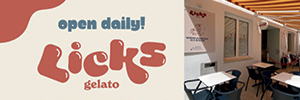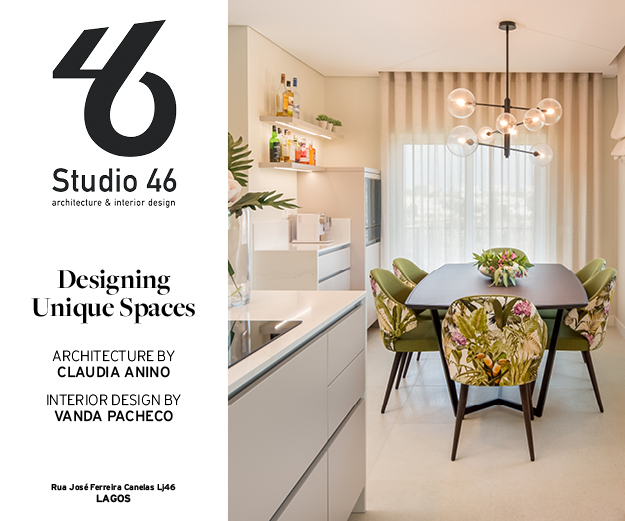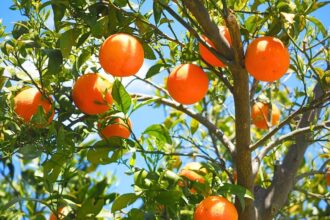Culinary journeys
This year, Porches’ Vila Vita Parc, is turning the spotlight on what it calls its “Culinary World”. Made up of 13 restaurants – nine on property grounds, the nearby Biergarten, and three eateries at Praia dos Pescadores, in Armação de Pêra (Arte Náutica, NANA on the Beach and Praia Dourada) – alongside eight bars, the offering is broad and increasingly diverse.
What began with just four restaurants has grown over the years, driven by a vision of gastronomic variety and quality.
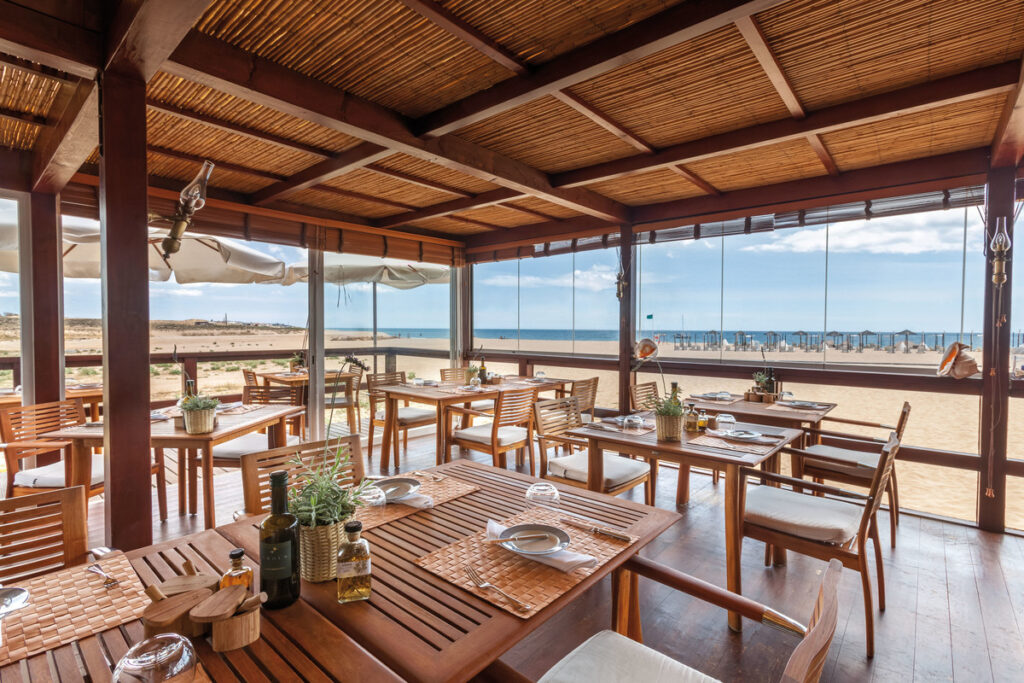
Open to the public as well as resort guests, the venues now range from laid-back beach restaurants to worldly cuisines such as Japanese, Greek, German and Italian as well as traditional Portuguese.
Directing these different gastronomic concepts is executive chef Manfred Kickmaier, who has been at the resort since 1998. Originally from Austria, he brought with him years of experience in five-star hotels in France and Switzerland, and a passion for food.
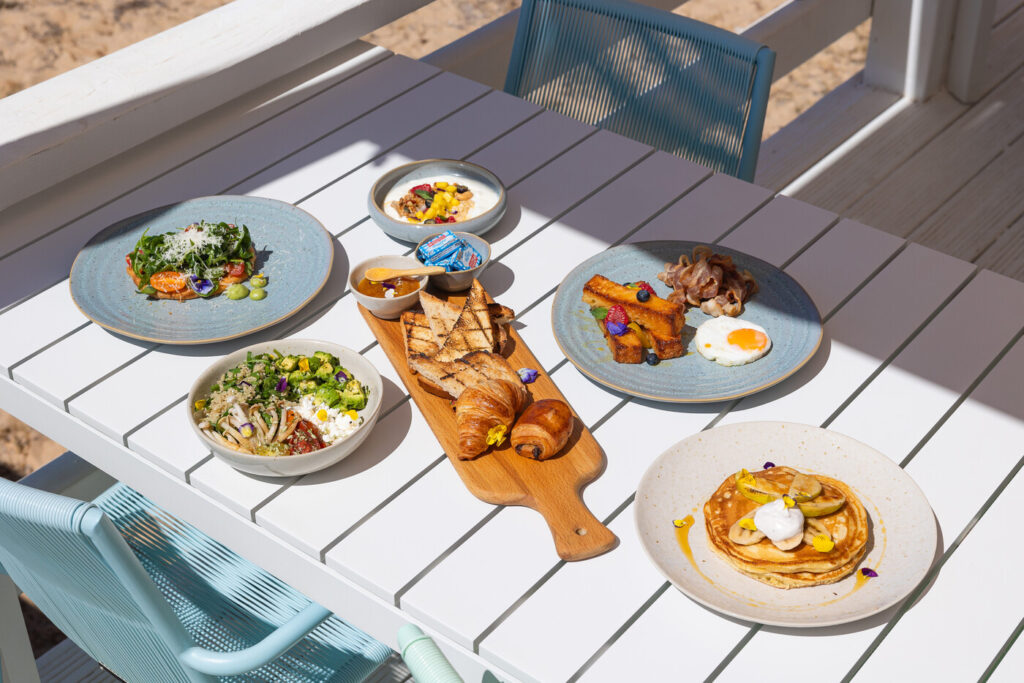
“It’s a great challenge because we have to be constantly updating,” says chef Manfred, explaining that whilst each restaurant has its own identity, the menus are developed though teamwork.
Despite their differences, all the restaurants share a concern “for the flavour and quality of the products used, highlighting freshness and regionality”, says the chef.
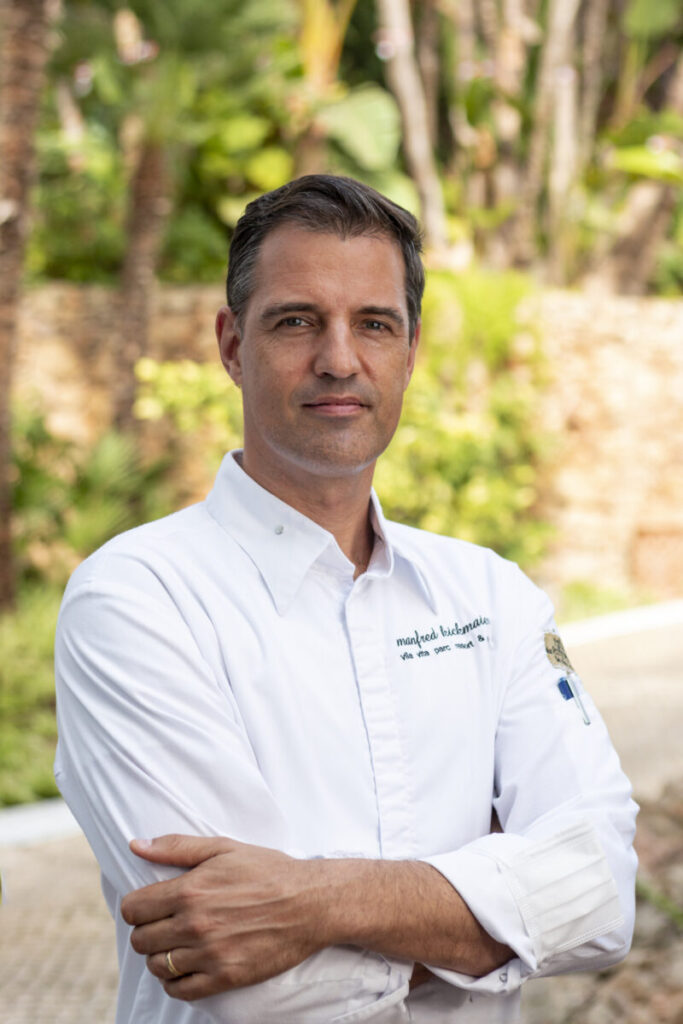
He also believes that sharing information about ingredients and cooking methods enhances the dining experience. “I think it’s important for diners to know what they’re eating and how it’s made so that they can appreciate each dish. When we eat without any information, our perception is limited, whereas if we know more, we can go further.”
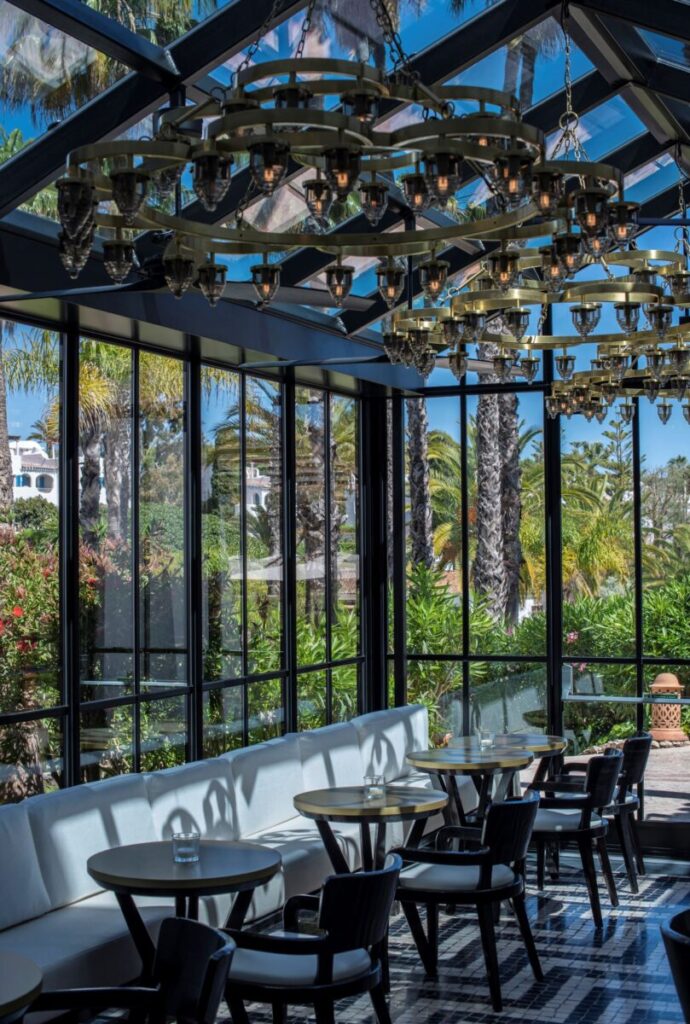
For a light meal in a stylish setting, Bela Vita Bar & Brasserie offers a terrace with a cosy, Parisian flair. Overseen by chef Paulo Florentino, it serves breakfast, Sunday brunch, and dinner, with a menu featuring classic French dishes with a modern twist, including Beef Wellington with duck foie gras.
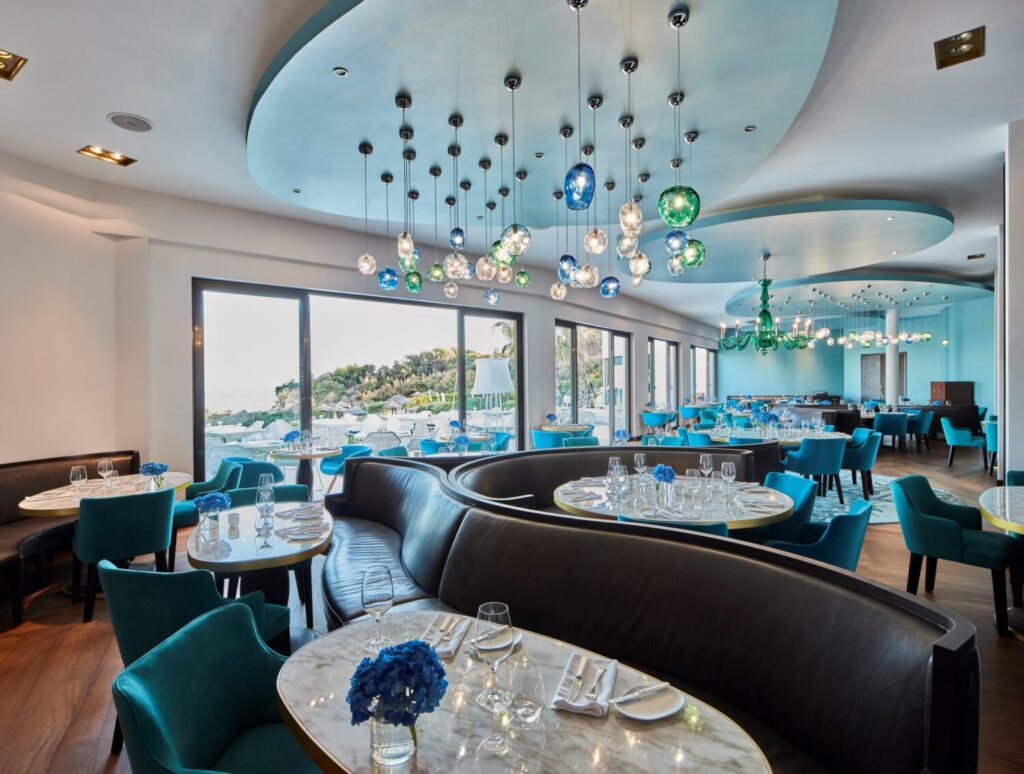
Also with a breathtaking view, Atlântico focuses on Mediterranean cuisine under the guidance of chef João Sousa. Meanwhile, at the Whale, chef Anthony Poirot draws inspiration from coastal regions around the world, serving everything from fresh fish to Italian pizzas and organic burgers.
At both restaurants, the interior palette is dominated by shades of blue, evoking the tranquillity of a deserted beach and the serenity of the sea.
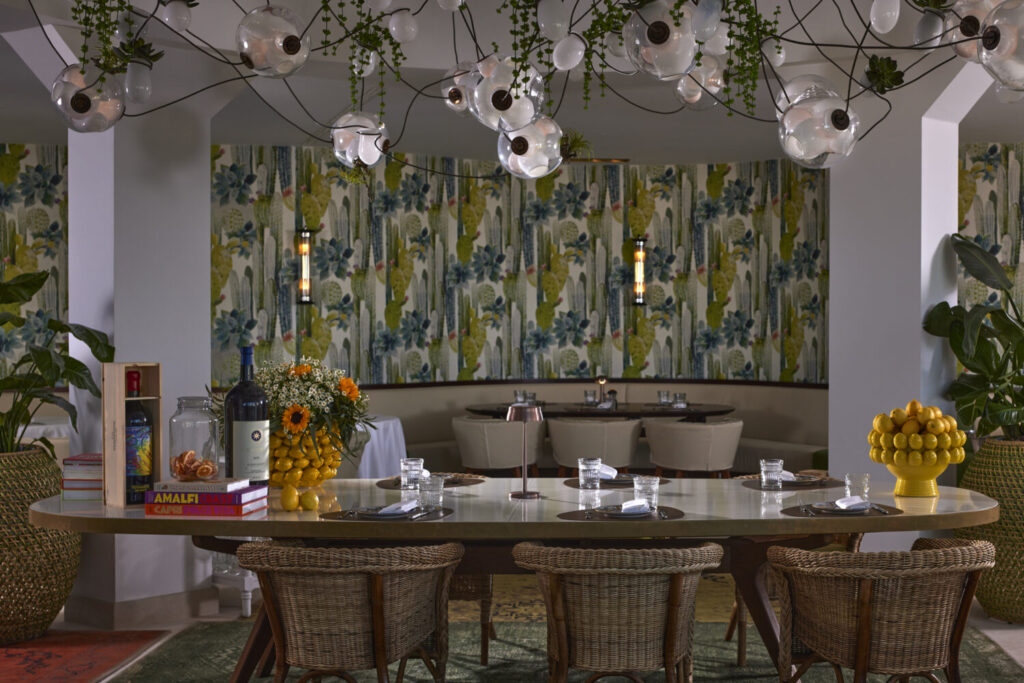
Giardino, too, enjoys ocean views whilst transporting guests to Italy. The décor, wine list, and cooking style are all infused with the traditions of southern Italy, from Lombardy to Sicily, with dishes crafted by chef Isaulinda Pires.
In a totally different setting (but also with an incredible view) there is Mizu Teppanyaki, inspired by Japanese culture and tradition, where chefs Diogo Ribeiro, António Moniz and Allan Zaradin work with fresh products from both the Algarve coast and Japan.
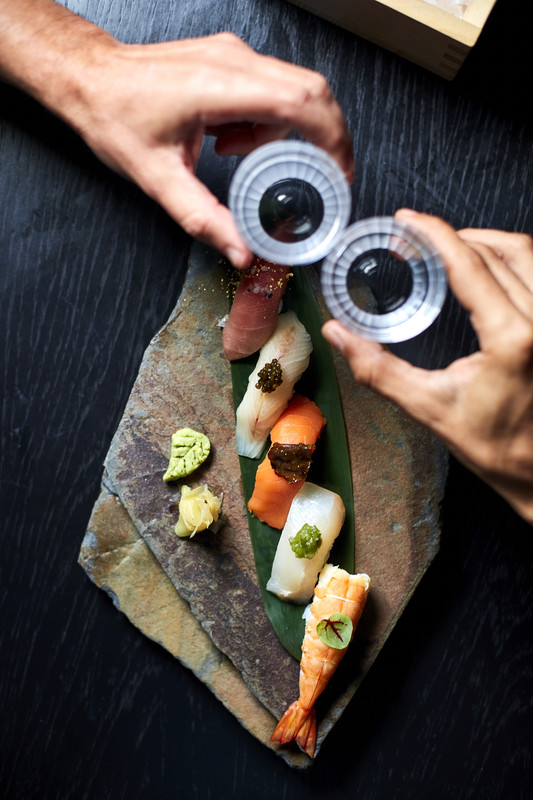
Its relaxed yet engaging atmosphere provides a true experience made up of unique flavours, from the 10-seat teppanyaki counter serving a six-course tasting menu to the more informal lounge area. The drinks list includes a curated selection of Japanese sakes as well as signature cocktails and spirits from South America.
With its Arabic influence, Aladin Grill is elegantly decorated with a blend of soft lighting and stained-glass windows that lend the space an intimate and refined atmosphere. Here, chef Ricardo Luz and his team prepare fresh seafood and aged meats in an open kitchen.
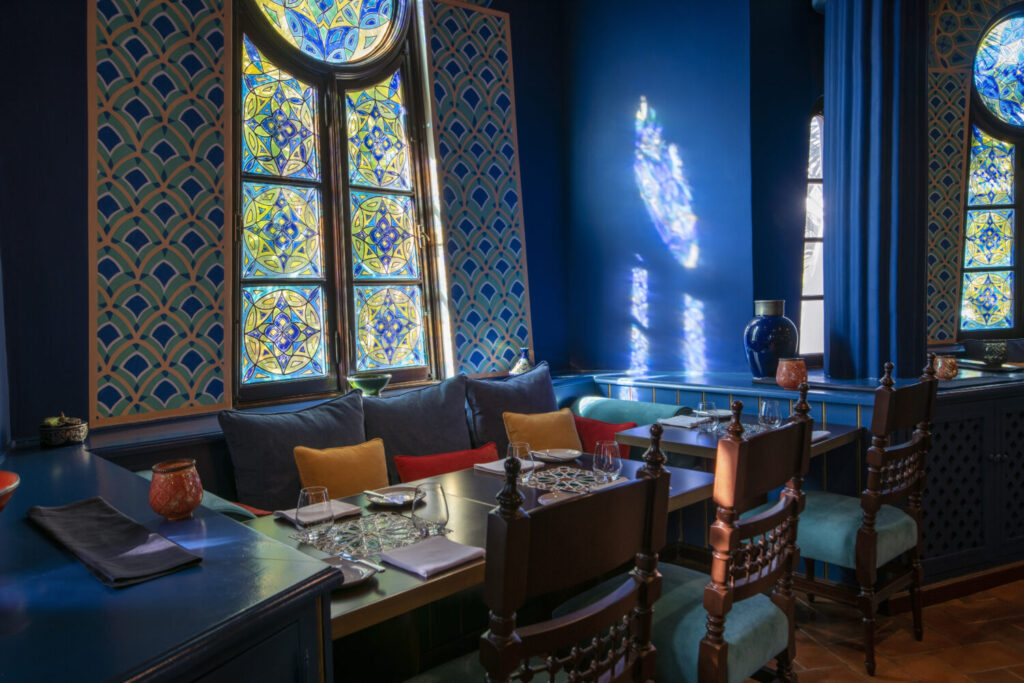
Meanwhile, the Adega restaurant offers a more traditional Portuguese experience. Under chef Alexandre Cabral, the menu pays homage to the country’s culinary heritage with modern twists on traditional dishes and a carefully curated list of national wines.
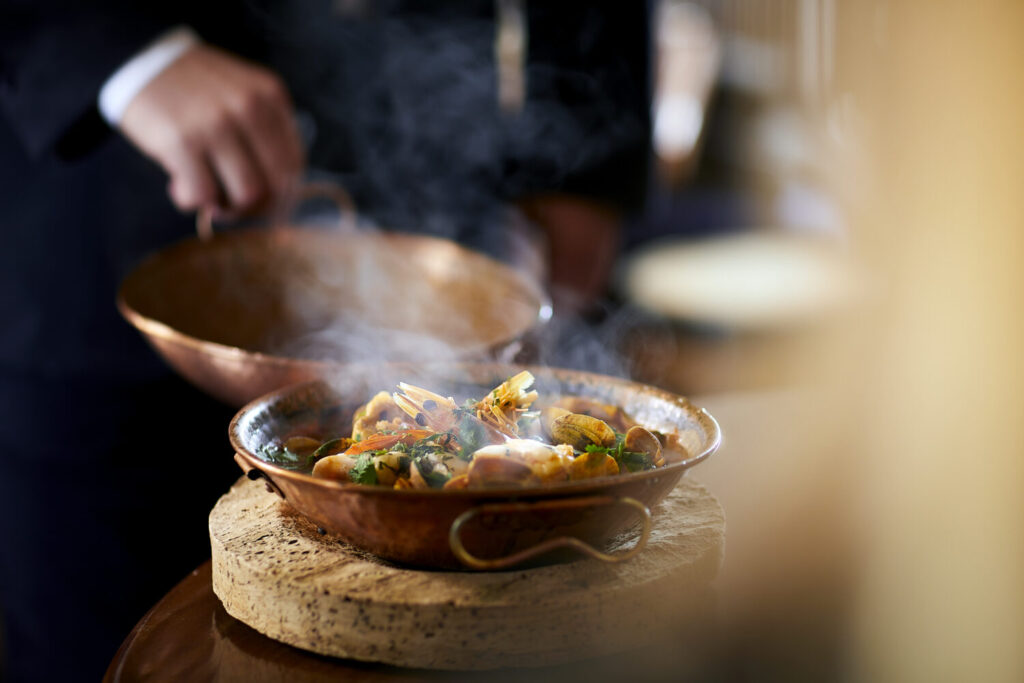
Among the standout offerings is Ocean, Vila Vita Parc’s flagship fine dining restaurant, with a vast array of accolades, including two Michelin stars. Chef Hans Neuner’s tasting menu draws heavily on Portuguese culinary traditions and international influences.
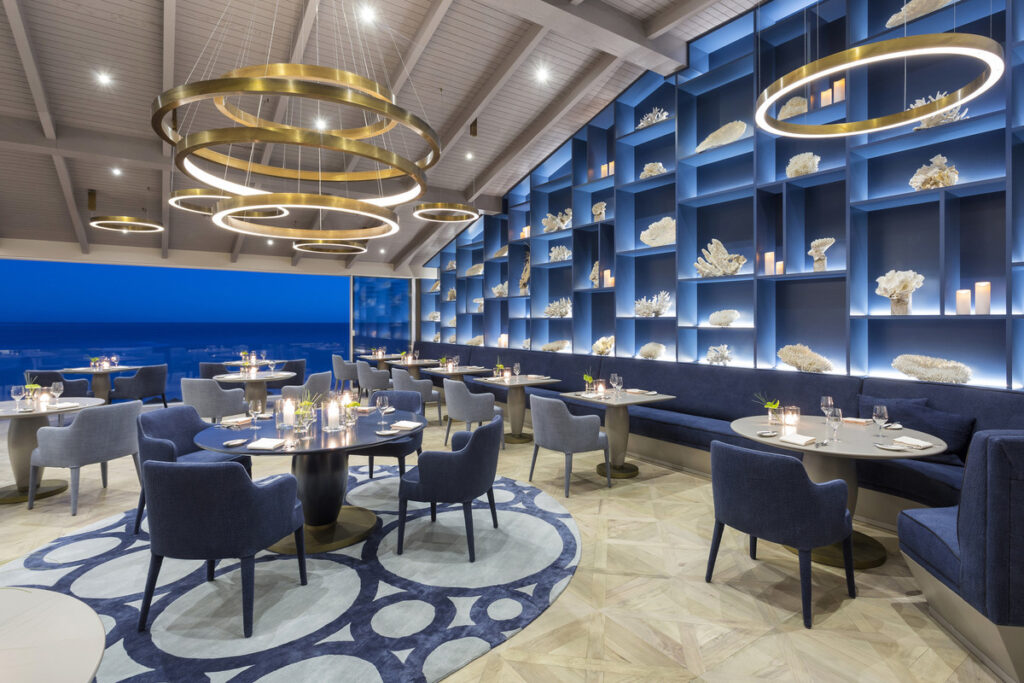
For those with a sweet tooth, Vila Vita Parc’s master pastry chef, Isabel Nobre, takes the reins at the resort’s pastry kitchens. Originally from Póvoa do Varzim, in northern Portugal, she trained at both the Algarve School of Management, Hospitality and Tourism and the prestigious Le Cordon Bleu in Paris, after which she worked in some of the most renowned kitchens in the French capital, such as the Hôtel de Crillon Palace, the Pavillon Ledoyen, and the Park Hyatt Paris Vendôme Hotel.
“Our priority is to respond to trends and offer a lot of variety, which involves the participation of everyone on the team,” she explains, emphasising the importance of constantly having different perspectives and new ideas on the board.
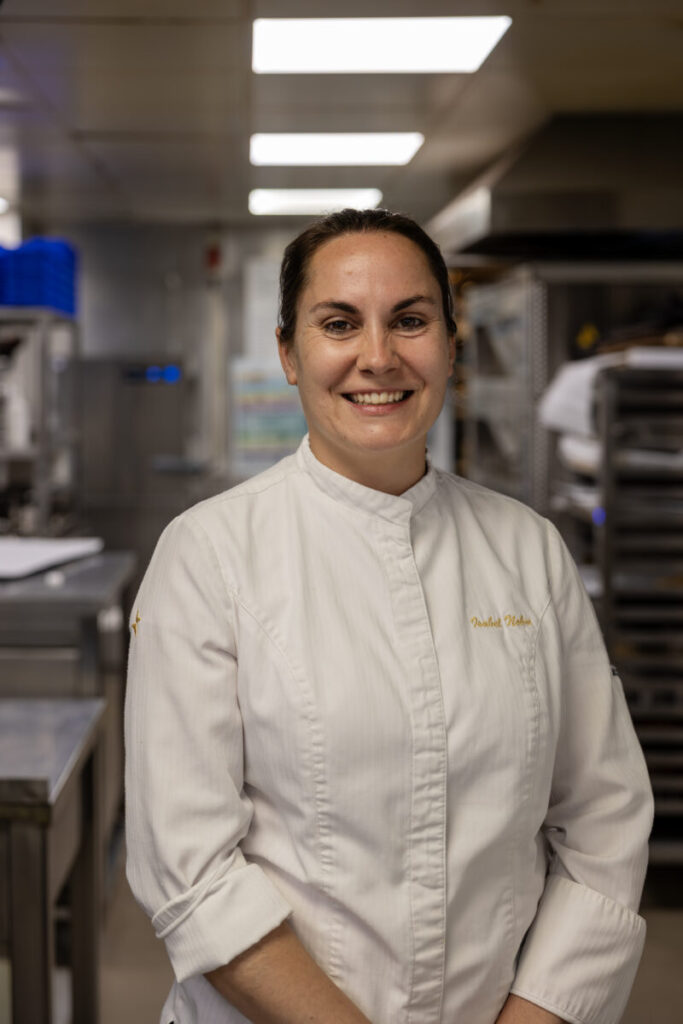
“When deciding on the desserts for each restaurant, a lot of research is needed because each restaurant has its own theme. We always try to add a touch of innovation to tradition. Everything is done with great care,” says the pastry chef.
In addition to the main restaurants, smaller eateries bring extra layers to the resort’s Culinary World. Café Bica offers international snacks and the iconic pastéis de nata (Portuguese custard tarts), along with a Barista Masterclass led by head barista José Guerreiro – Portugal’s 2019 National Barista Champion.
Meanwhile, the Oasis Bar, under the guidance of head bartender Joaquim Veras, serves signature cocktails best enjoyed at sunset such as the popular “Per Se”.
Elsewhere in the resort, there are several more casual options: the Delfim Pool Bar, Garden Bar, House Bar, Manzar Terrace, Palm Bar, and the Whale Bar & Pool Lounge.
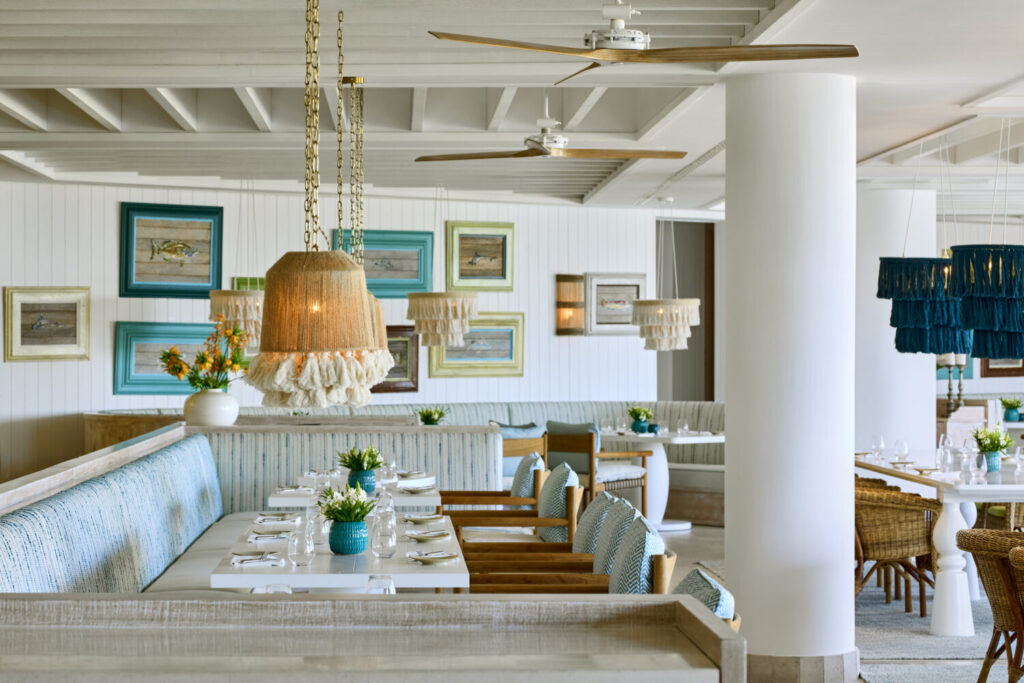
According to Luís Moreira, head of Food and Beverage, the future lies in creating events across the various dining venues to engage new visitors.
Most of the products used in the resort’s kitchens come from local and seasonal producers, as well as Vila Vita Parc’s own estate in the Alentejo, Herdade dos Grous, which provides meats, olive oil, jams, and wine. This farm-to-table approach is central to the resort’s philosophy, aiming to reduce its carbon footprint whilst ensuring the freshest ingredients.
Wines, both national and international, also play a prominent role, with more than 5,000 bottles and 1,000 labels present in the resort’s cellar.
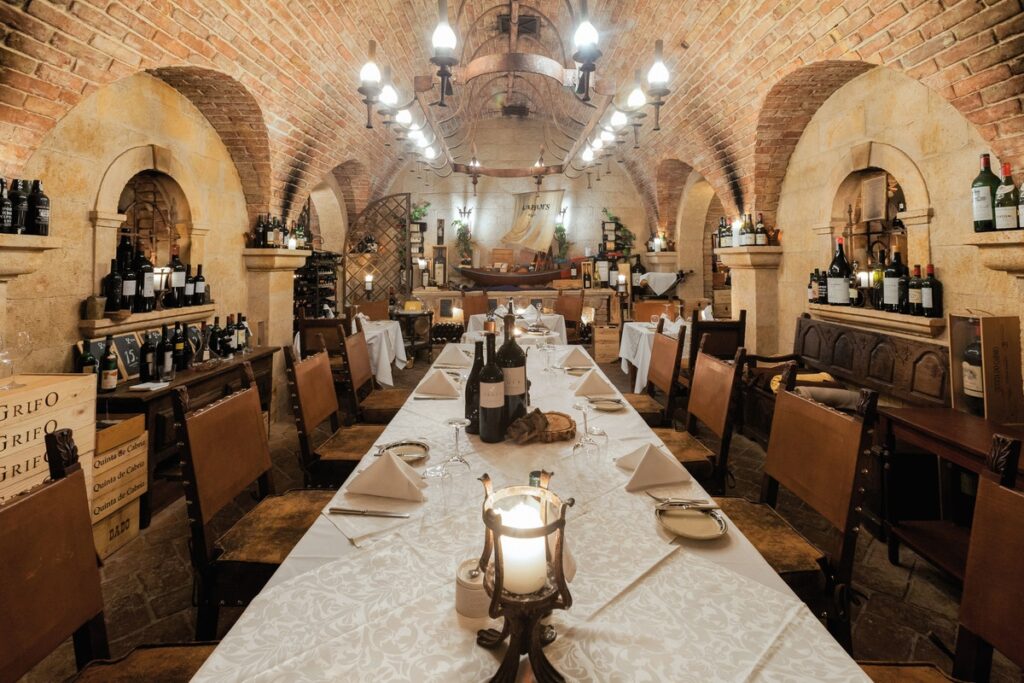
Follow Inside Algarve Magazine on Instagram and Facebook for more news!
Read also:
Carvoeiro’s iconic Gelados & Companhia is celebrating its 20th anniversary

